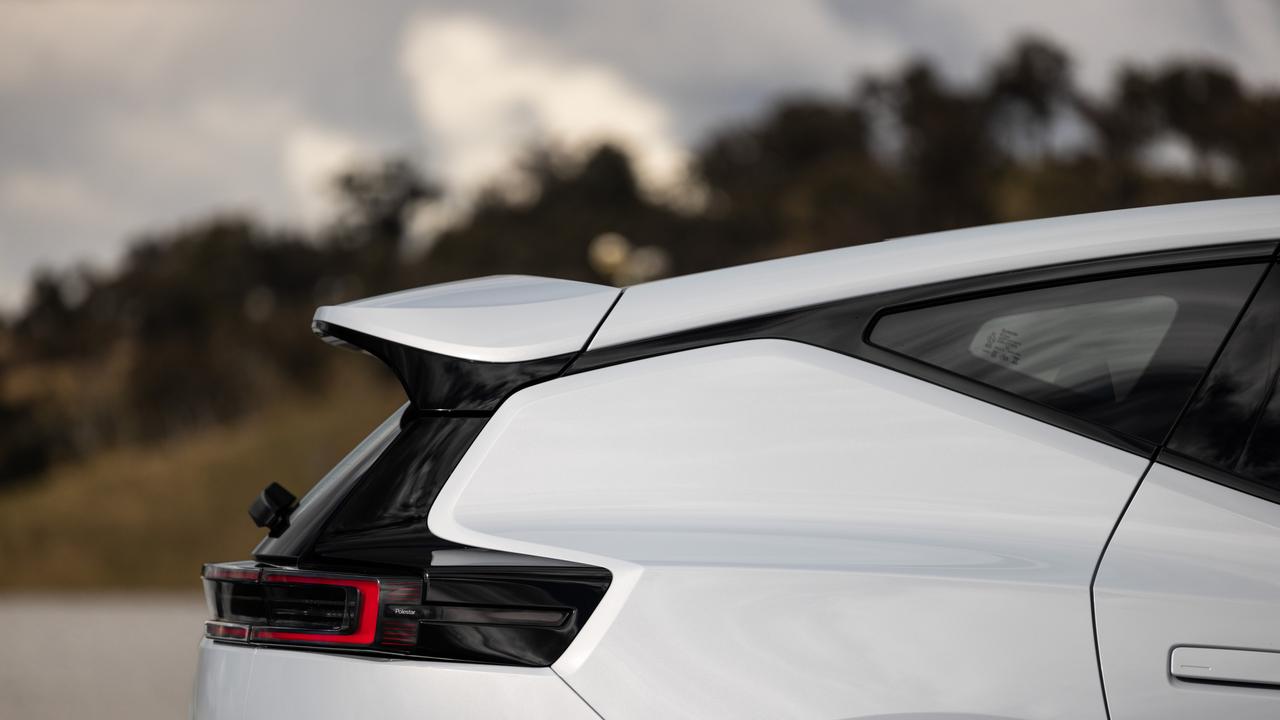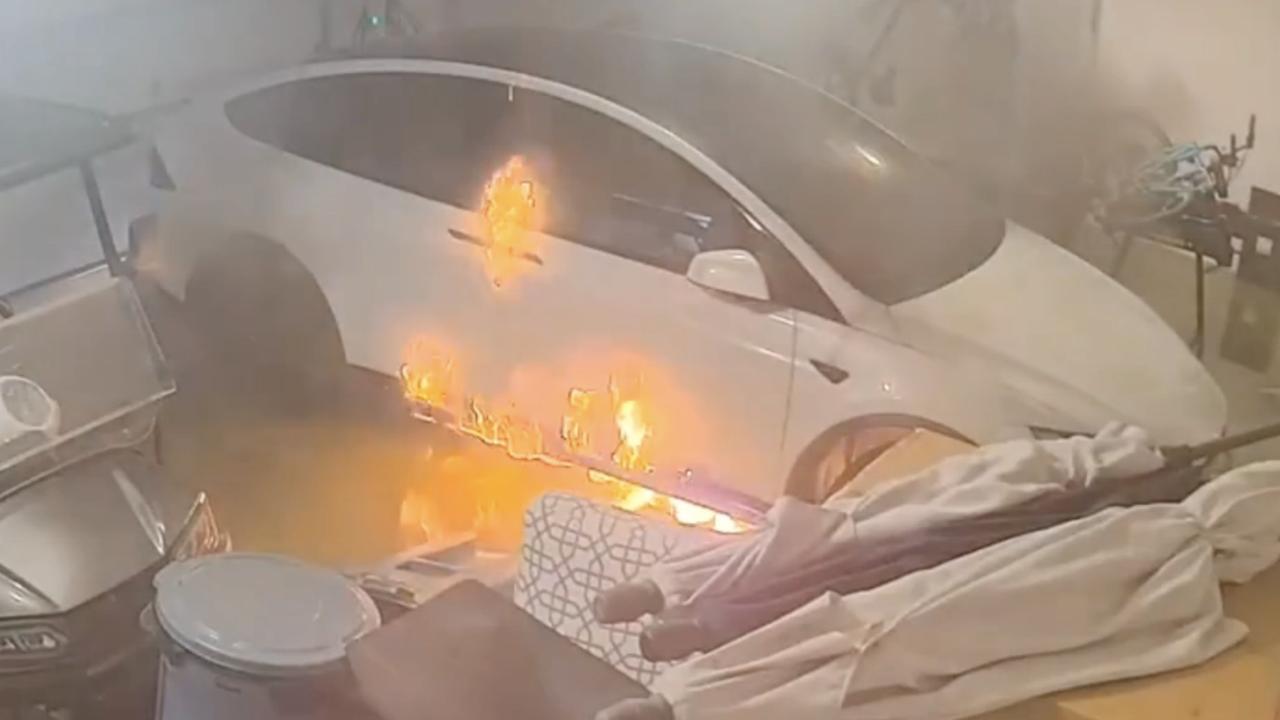$380 fuel hike: How Aussies can beat high motoring bills
Aussie drivers are experiencing a world of pain with transport bills skyrocketing. See how you can save hundreds of dollars on fuel.
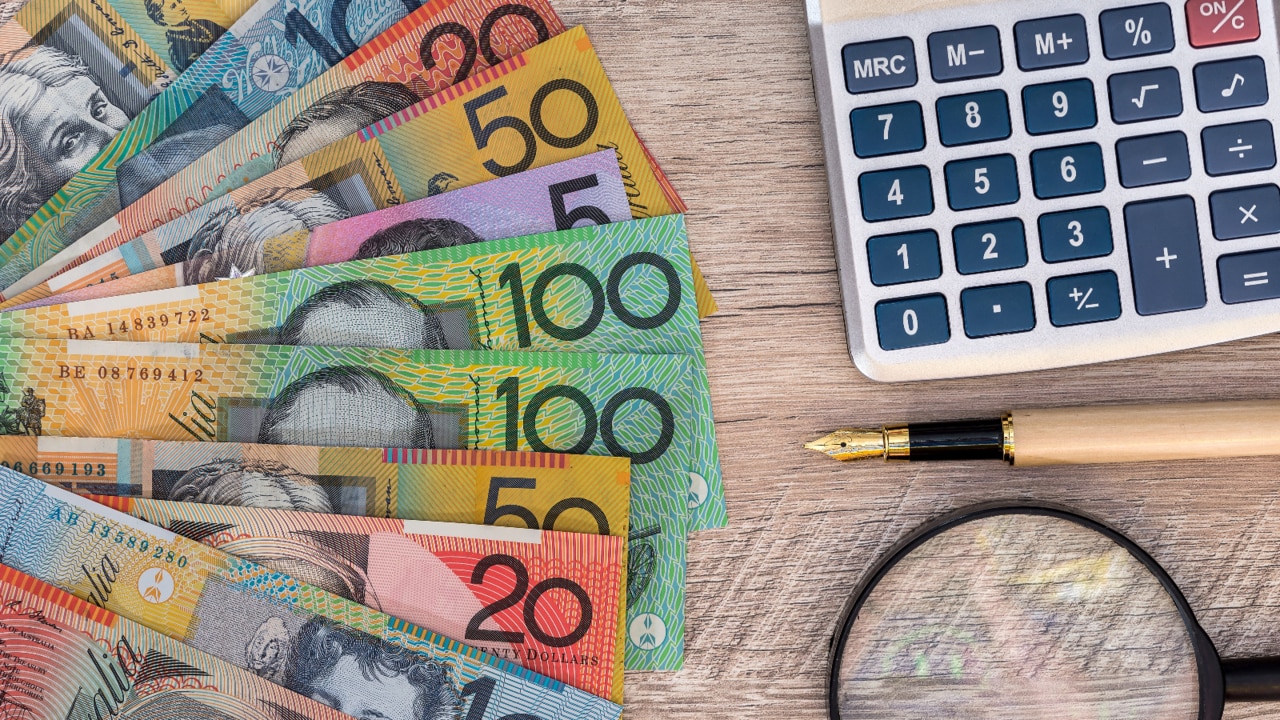
Motoring
Don't miss out on the headlines from Motoring. Followed categories will be added to My News.
Exclusive: Household transport costs have reached new heights in Australia, with families spending more than $380 per week to get around.
New data produced by the Australian Automobile Association, the peak body for state-based motoring clubs, claims transport costs now represent almost 15 per cent of household income.
Michael Bradley, AAA managing director, said “transport costs are placing a significant strain on household budgets”.
“The latest figures are a timely reminder for governments that they need to carefully consider policies that may add to transport cost of living pressures across both regional and metropolitan Australia,” he said.
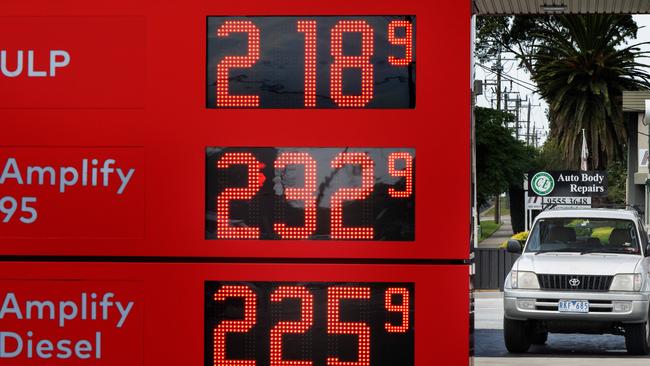
Weekly household transport costs have increased by $1.15 compared to the second quarter of 2022, or $78 per week more than the same period five years ago.
Australian households pay an average of $381.05 per week on transport costs. Of that, $155.30 goes to car loans, $96.93 to fuel, $13.77 is spent on tolls and about $30 each for insurance, servicing and state fees such as registration and licensing. An extra $2.22 goes to roadside assistance, and $21.15 is spent on public transport.
The AAA found it cost an extra $90 per week to own and run a car in major cities compared to regional areas.
Sydney proved the most expensive city for transport in Australia, averaging $485.68 per week, compared with $463.64 for Melbourne and $458.38 for Brisbane.
The latest data includes the period where the fuel excise was temporarily halved. That led to a drop in weekly fuel costs for a two-car household from $100.39 to $96.93 per week.
While fuel has become cheaper, cars continue to increase in price.
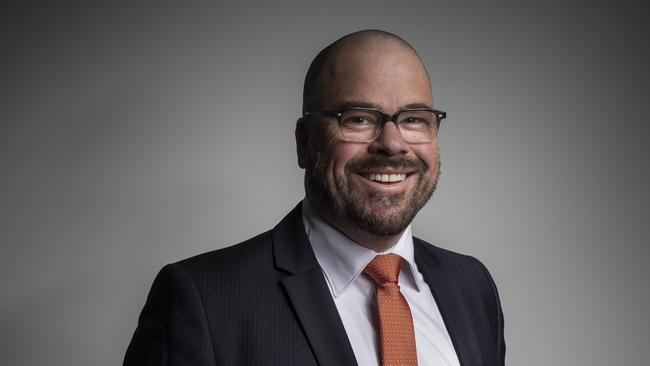
Research published by the Royal Automobile Club of Victoria found the monthly cost to own and run Australia’s most popular compact car, the MG3 Core increased from about $625 to $735 in the last 12 months. The car’s asking price has risen from $16,690 to $18,990 between 2020 and 2022 without delivering extra features.
RACV head of policy, James Williams said the overall increase in transport costs “was driven in most part by higher vehicle purchase prices”.
NRMA spokesman Peter Khoury agreed.
“Minor falls in the weekly fuel bill, driven by falls in world oil prices and cut in the fuel excise, were somewhat offset by higher purchase costs for vehicles,” he said.
“Transport costs in Sydney remained high this quarter and considerably higher than the same time last year, in a sign that families continue to struggle with the inflationary pressures of 2022.”
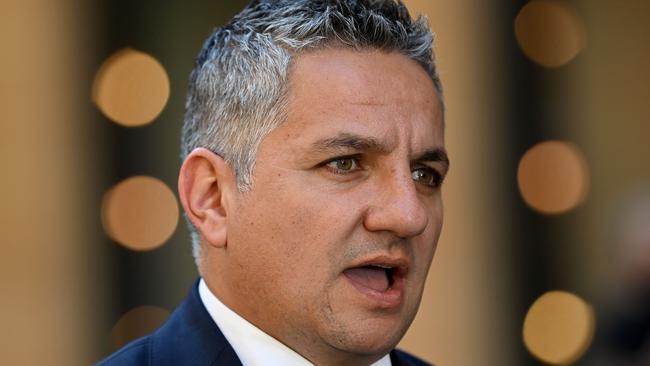
Tasmania’s RACT chief advocacy officer Garry Bailey said the island’s poor public transport network meant driving a car was the most viable way to get from A to B.
“With volatile fuel costs and higher car purchase prices due to a mix of external factors such as the war in Ukraine, supply chain issues and rising inflation, this means Tasmanians are spending more than their fair share on transport,” he said.
RAA spokesman Mark Borlace said drivers could save more than $300 per year by shopping around for cheaper fuel when they needed to fill up. This would cut costs “regardless of the fluctuations at the pump due to the price cycle or level of excise being charged”.
RACQ principal technical researcher Andrew Kirk said volatile fuel prices made it hard for motorists to stick to their budget.
“To fuel a Subaru Outback last year would have cost you around $120 per month. This year you’ll pay $174 per month,” he said.
“Running a vehicle is expensive but if you do your research, you can save tens of thousands of dollars in the long run.”
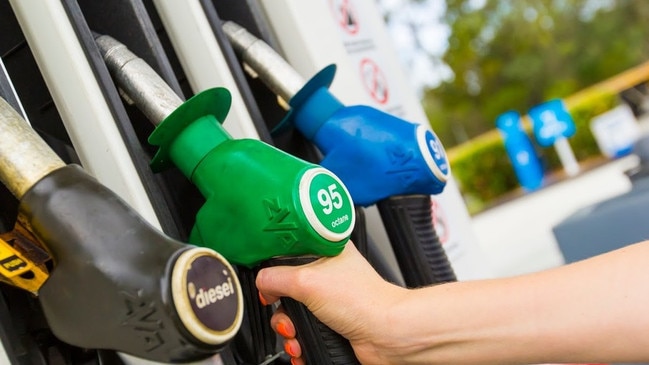
HOW TO SAVE ON FUEL
Sarah Megginson, money expert at comparison website Finder, said the fluctuating fuel prices are going to put a lot of financial strain on the lives of Australians and it’s only set to get worse, but she has some tips for how to soften the blow of high petrol prices.
She recommends planning when to fill up and find the best price in your area if you can.
Several state governments, such as NSW and WA, have apps that show the best priced fuel locally.
If your state government doesn’t provide a helpful app then there are plenty of independent versions such as Fuel Price Australia.
Choosing the right day can also save you big, said Megginson.
Megginson claims she saved more than $25 on a tank by filling up on a Tuesday morning instead of that evening.
Driver’s should also make sure they have the right tyre pressure as flat tyres can offer more resistance and increase fuel use.
Crack a window as aircon ups your fuel use considerably, but if you are travelling over 80km/h the increased wind resistance makes it more efficient to have the aircon pumping.
Ditch any unnecessary items in your boot to lower your car’s weight and rethink if you really need those roof racks.
Go easy on the accelerator and brake too if you want your tank of fuel to last longer
Originally published as $380 fuel hike: How Aussies can beat high motoring bills



